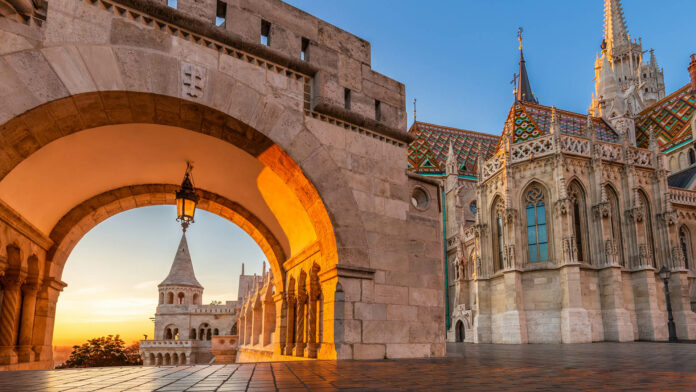
Many properties in Budapest that were formerly used for short-term rentals are now part of its for-sale inventory.
Pandemic Hit Budapest’s Residential Market Harder than Rest of Hungary
During the “height” of the 2020 COVID pandemic, international buyers disappeared from Budapest and locals moved, as in other countries, to suburban/rural regions of Hungary to escape the diseased capital city.
Budapest’s decade-long double-digit price surge fell backwards as though a rug had been pulled out from underneath it. However, during late Q1 and early Q2 2021, home prices began rebounding to their 2019 levels.
Changes in Buyers’ Preferences Spurring Higher Prices
According to Karoly Benedikt, head of marketing, public relations and analysis with Budapest-based Duma House,“Potential buyers are (now) open to considering properties in the outskirts of bigger cities or those located in the country.”
These changes in buyers’ preferences have driven up home prices by 10-20% outside of Budapest and in resort areas such as Lake Balaton. Gabor Borbely, director and head of business development and research with Budapest’s CBRE, said, “Definitely the gap between the capital city and the regional markets is narrowing…”
Higher Prices Relative
Know that “higher prices” in Hungary are relatively higher. According to Borbely, Hungary’s housing market is “…one of the cheapest markets in the European Union. If you compare Budapest to Prague or Warsaw – which are similar size, similar purchase power, similar geography – the residential prices are still much lower. In some instances, it’s 40% or 50% cheaper to buy in Budapest than Prague.”
The average existing apartment price in Budapest runs at about $232/square foot and $325/square foot for a newly built apartment.
Borbely said that at the prime end of the market (up in the hills, next to the castle, downtown facing the river) runs at approximately $605/square foot.
Former Short-Term Rental Properties Now on For-Sale Market
International travel restrictions are still in place in this landlocked-Central European country with some 10M residents. And, of course, international travel/tourist restrictions are felt the most in Budapest’s city-center, attractions and river cruises.
Some 1,000 properties that formerly housed short-term international visitors are now on the for-sale market. In the midst of continuing travel restrictions, foreign investors are beginning to ask questions about those for-sale properties.
Who Buys in Budapest
Most foreign buyers come from the European Union countries such as Great Britain, Germany, Austria, Ireland, Spain, Italy, Romania, Slovakia and the Czech Republic. Likewise, Americans, Canadians, more recently South Africans, Russians, Israeli and Chinese buyers are interested as well.
These foreign investors are attracted to the fact that Hungary’s capital-gains tax of 15% falls to 0% after the owner holds the property for five years. Foreign buyers almost always pay in cash.
Thanks to The New York Times.
























